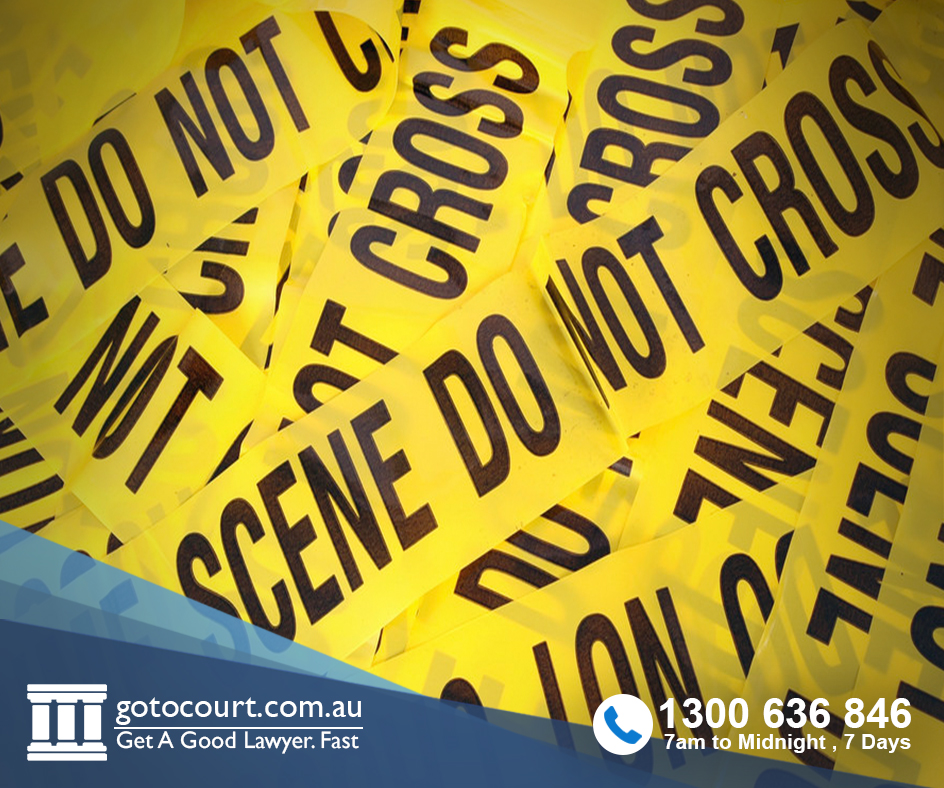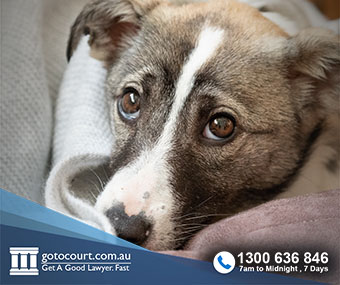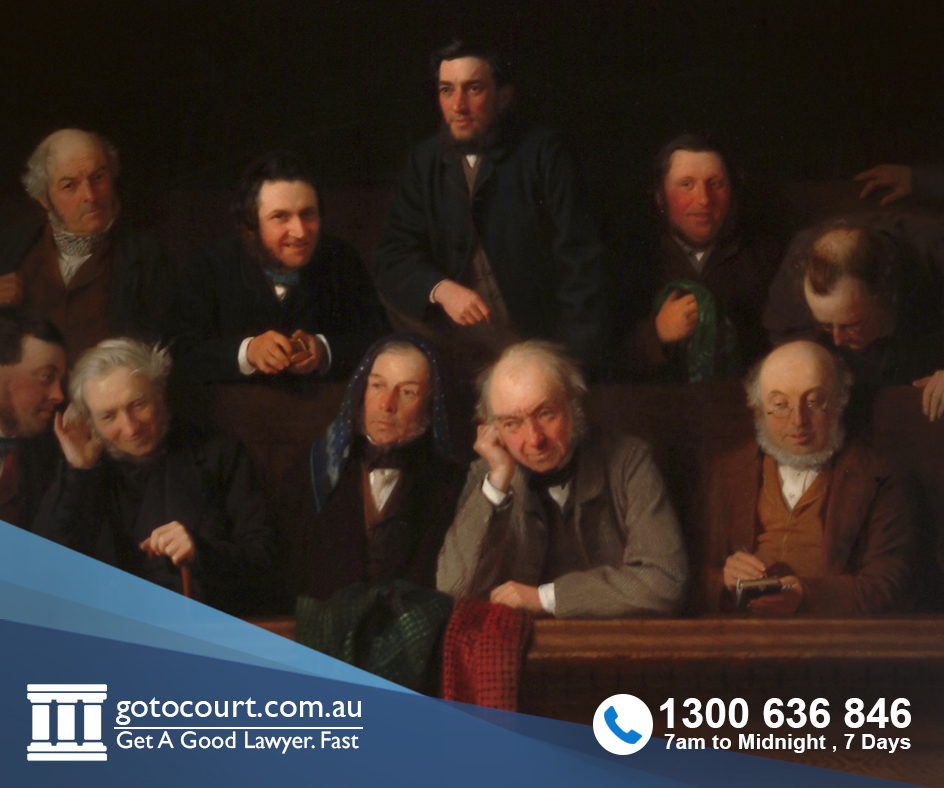Drug Offences in the ACT
The laws covering drug offences in the ACT are the Criminal Code 2002, the Drugs of Dependence Act 1989, and the Medicines, Poisons and Therapeutic Goods Act 2008. Under these Acts, there are criminal offences involving possession, administration, cultivation, sale and supply of illegal drugs. This article deals with drug offences in the ACT.
Personal use of cannabis
In the ACT, it is now legal for an adult to possess a small quantity (up to 50 grams of dried cannabis or up to 150 grams of fresh cannabis) in their own home. It is also legal for an adult to naturally cultivate one or two cannabis plants in their own home.
It is an offence for a person under 18 to possess any quantity of cannabis or to cultivate any number of plants. Possession of a small quantity of cannabis is punishable by a fine of one penalty unit.
Other possession offences
Offences involving ‘possession’ relate to the custody or control of a drug. They do not require that the drug is in the physical possession of the accused person. It is enough if the drug is found on premises that the person controls.
Penalties for possession depend upon the type of drug involved and the quantity involved.
- For a simple cannabis offence, police may choose to issue a Simple Cannabis Offence Notice. If the fine is paid within 60 days, no criminal conviction is recorded. If it is not, criminal proceedings are commenced. The maximum penalty for a simple offence if dealt with by the court is $150. A criminal conviction will also be recorded.
- Possession of other controlled drugs carries a maximum penalty of a fine of 50 penalty units and/or two years imprisonment.
Sale or supply of a prohibited substance
It is an offence under section 164 of the Drugs of Dependence Act to sell a prohibited substance (other than cannabis). A prohibited substance is sold or supplied if:
- it is bartered or exchanged;
- it is given to someone in the belief that they would do something in return, or
- the owner or possessor agrees to sell.
The maximum penalty for this offence is a fine of 500 penalty units or imprisonment for five years.
Cultivation
‘Cultivation’ of drugs includes engaging in, exercising direction or control over, or arranging or providing finance for:
- planting a seed, seedling or cutting of a plant
- transporting a plant
- tending to growing the plant
- guarding or hiding the plant, or
- harvesting the plant.
A person who cultivates more than two cannabis plants in the ACT commits an offence punishable by a maximum penalty of a fine of 50 penalty units and/or two years imprisonment.
A person who cultivates cannabis with the intention of selling it in the ACT (or of another person doing so) is guilty of an offence under section 616 of the Criminal Code 2002. The maximum penalty for this depends on the amount of cannabis involved and ranges from three years imprisonment to life imprisonment.
Manufacturing and precursors
It’s an offence to possess, manufacture or sell a controlled precursor and/or to possess equipment that is used to manufacture drugs, including pill presses. Precursors are the raw chemical components used in making a controlled drug.
Some precursors are present in products that are readily available from pharmacies, supermarkets and hardware stores. They can be extracted to manufacture controlled drugs, particularly amphetamines.
In the ACT, possessing or manufacturing a controlled precursor carries a maximum penalty ranging from seven years imprisonment to 25 years imprisonment.
It is an offence to sell a controlled precursor with the belief that it is being purchased with the intention that any of it will be used to manufacture a controlled drug. The maximum penalty for this ranges from seven years imprisonment to 25 years imprisonment.
Trafficking
Trafficking offences in the ACT are offence committed as part of an organised commercial activity involving repeated transactions of certain controlled drugs. They may include any of the following, whether performed by the accused themselves for their own gain, or under the belief that someone else intends to sell the drug for gain:
- selling a controlled drug
- preparing a controlled drug for supply
- transporting the controlled drug
- guarding or concealing the drugs, or
- possessing the drug intending to sell it.
Controlled drugs are listed under Schedule 1 of the Criminal Code Regulation 2002.
The maximum penalties for trafficking in cannabis range from three years imprisonment to life imprisonment.
The penalties for trafficking in a controlled drug other than cannabis range from 10 years imprisonment to life imprisonment.
Offences involving children
There are a number of drug offences that exist for the protection of children. These include procuring a child for the purpose of trafficking drugs and supplying drugs to a child for the child to sell. Penalties for these offences range from fines to imprisonment for life.
If you require legal advice or representation in any legal matter, please contact Go To Court Lawyers.






